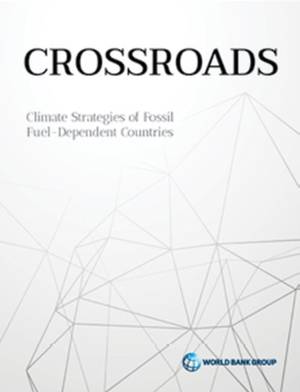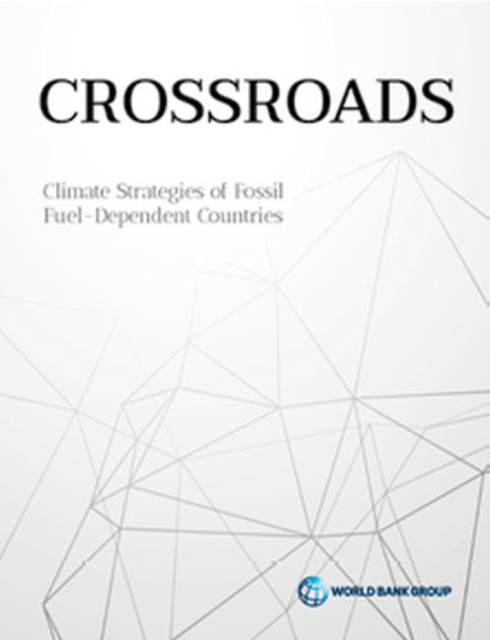
- Retrait gratuit dans votre magasin Club
- 7.000.000 titres dans notre catalogue
- Payer en toute sécurité
- Toujours un magasin près de chez vous
- Retrait gratuit dans votre magasin Club
- 7.000.0000 titres dans notre catalogue
- Payer en toute sécurité
- Toujours un magasin près de chez vous
Diversification and Cooperation in a Decarbonizing World
Climate Strategies for Fossil Fuel-Dependent Countries
Grzegorz Peszko, Dominique Van Der Mensbrugghe, Alexander GolubDescription
This book is the first stocktaking of what the decarbonization of
the world economy means for fossil fuel+"dependent countries.
These countries are the most exposed to the impacts of global
climate policies and, at the same time, are often unprepared to
manage them. They depend on the export of oil, gas, or coal; the use
of carbon-intensive infrastructure (for example, refineries, petrochemicals,
and coal power plants); or both. Fossil fuel+"dependent
countries face financial, fiscal, and macro-structural risks from the
transition of the global economy away from carbon-intensive fuels
and the value chains based on them. This book focuses on managing
these transition risks and harnessing related opportunities.
Diversification and Cooperation in a Decarbonizing World identifies
multiple strategies that fossil fuel+"dependent countries can
pursue to navigate the turbulent waters of a low-carbon transition.
The policy and investment choices to be made in the next decade will
determine these countries' degree of exposure and overall resilience.
Abandoning their comfort zones and developing completely new
skills and capabilities in a time frame consistent with the Paris
Agreement on climate change is a daunting challenge and requires
long-term revenue visibility and consistent policy leadership. This
book proposes a constructive framework for climate strategies for
fossil fuel+"dependent countries based on new approaches to diversification
and international climate cooperation. Climate policy leaders
share responsibility for creating room for all countries to contribute
to the goals of the Paris Agreement, taking into account the specific
vulnerabilities and opportunities each country faces.
Spécifications
Parties prenantes
- Auteur(s) :
- Editeur:
Contenu
- Nombre de pages :
- 150
- Langue:
- Anglais
- Collection :
Caractéristiques
- EAN:
- 9781464813405
- Date de parution :
- 09-09-19
- Format:
- Livre broché
- Format numérique:
- Trade paperback (VS)
- Dimensions :
- 178 mm x 254 mm
- Poids :
- 272 g

Les avis
Nous publions uniquement les avis qui respectent les conditions requises. Consultez nos conditions pour les avis.






